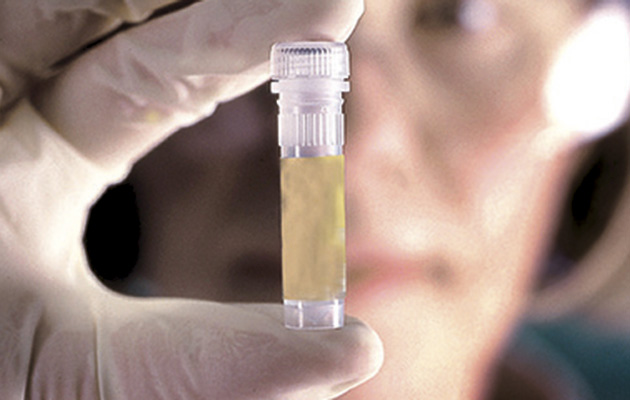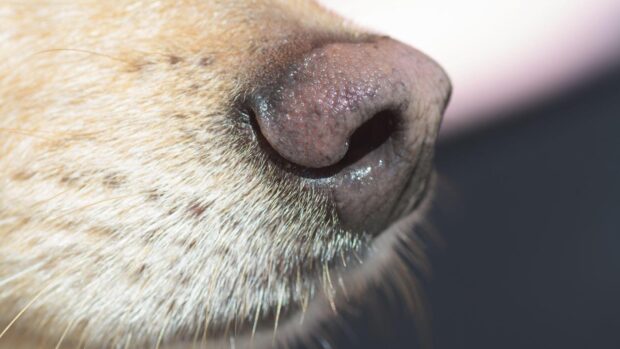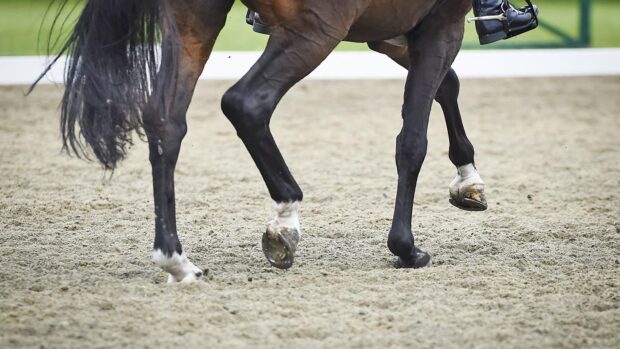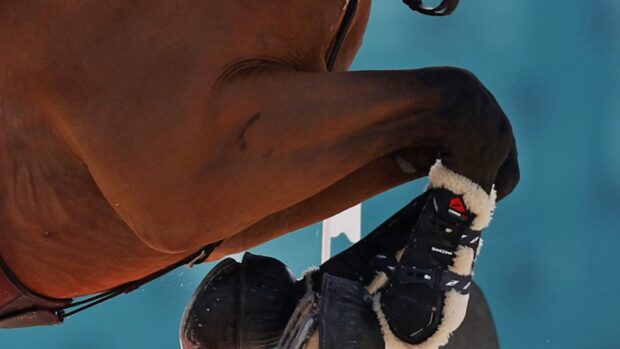A trainer for Dubai’s ruling Maktoum family has received a two-year suspension from the FEI after being found guilty of administering a banned steroid to top endurance horse Shaddad.
The tribunal decision, published last month, involved a positive test for testosterone at the CEI3* 160km race at Euston Park on 13 July 2018.
Shaddad, who is owned by MRM, the endurance yard of Dubai ruler Sheikh Mohammed Al Maktoum, was ranked world number one at the time of the offence.
The horse was ridden by Saeed Mohd Khalifa Al Mehairi, who is considered the person responsible for the violation, but under rules specific to endurance, the horse’s trainer Ismail Mohammed is also considered accountable.
The FEI said this situation reflects that in endurance “a trainer has more responsibilities for the horse than the rider, especially in the Middle East”.
The tribunal noted that Mr Mohammed, who trains 314 horses at the stable, had also been cited for three previous doping violations in 2017 (Rafik De Kerpont, Castlebar Lightening and Preume De Paute).
Testosterone is an anabolic steroid and although it can be produced naturally by male horses, it is considered a banned substance if detected at a level above 20 nanograms per ml of urine in a gelding. The level in the sample taken from Shaddad was 35 nanograms per ml in the A sample and 40 nanograms per ml in the B sample.
In his submission to the panel, Mr Mohammed blamed the positive finding on contamination from a “yellow cream” used by the horse’s groom at the event as a “muscle treatment” for his shoulders.
He also argued that considering a trainer to be a “person responsible” was a violation of “equal treatment” as the strict liability rule applies only to the rider in other FEI disciplines.
The FEI’s expert Dr Stuart Paine, associate veterinary professor of veterinary pharmacology at the University of Nottingham, said he considered it “highly implausible” that the cream used by the groom for his muscle soreness (measured at a concentration of 3 micrograms of testosterone per gram of cream), could be responsible for the level found in the horse.
“More specifically, Dr Paine explained that assuming the groom used the whole box of cream (20 grams) and rubbed it into the muscle, and 10 percent of this ends up on his hands, according to literature evidence, the expected concentration of testosterone in the urine would be 0.12 ng/ml testosterone,” the tribunal recorded.
“This urine concentration of testosterone is negligible compared to either the gelding threshold of 20 ng/ml or the observed urine sample measurement of 53 ng/mL.”
Dr Paine also pointed out that the most common medications for muscle soreness would be non-steroidal anti-inflammatory creams (NSAIDs) or an injection of a corticosteroid directly into the muscle, and that he was “not aware of testosterone being used” for the stated purpose.
It was later noted that the expert used the wrong value in his statement — quoting 53 ng/mL instead of the 35 ng/mL found in the A sample and the 40 ng/mL found in the B sample. The FEI dismissed this as a “typo” and said the 100 times difference still stood.
The FEI went on to clarify that while human contamination had been accepted as an explanation in the past, it needed to be “plausible”.
The tribunal concluded that in this case the explanation did not match the findings and there was no sufficient evidence to allow mitigation.
Continued below…

Owner’s hairspray causes showjumper’s positive dope test
The rider and the owner’s wife were unaware he was using the product

Human sewage to blame for horse’s positive dope test
The horse’s rider has been cleared of any wrongdoing in the contamination case

Subscribe to Horse & Hound magazine today – and enjoy unlimited website access all year round
Both 56-year-old Mr Mohammed and 22-year-old Al Mehairi were fined 7,500 Swiss francs and ordered to pay an additional 2,500 francs towards costs.
Both face a two-year suspension which, when the time already served is taken into account, will see them ineligible to compete until August 2020.
Endurance GB chairman Rebecca Kinnarney responded to the tribunal’s findings saying: “The FEI’s anti-doping rules are clear and must be understood by all those taking part in endurance.
“Endurance GB condemns unreservedly any attempted or actual breach of anti-doping rules in respect of horses participating in rides both in the UK and also abroad. As the UK governing body our priority is the safety and welfare of horses participating in rides held in the UK and the provision of clean sport and we will do all that we can as a body to uphold these values.”
For all the latest news analysis, competition reports, interviews, features and much more, don’t miss Horse & Hound magazine, on sale every Thursday.




